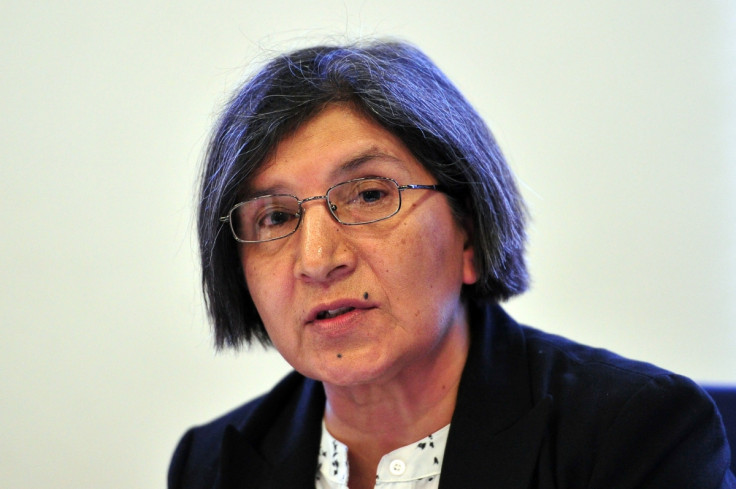United Nations: Britain Ravaged By Sexism Because of Boys' Club Culture

Sexism is more widespread in Britain than any other country because of a pervasive "boys' club culture", a human rights expert for the UN has warned.
Rashida Manjoo, a South African human rights expert, is the UN's Special Rapporteur on an official inquiry into violence against women in Britain. The Home Office organised her itinerary, the first UK visit of its kind by an independent expert charged by the UN human rights council to monitor the issue.
Ms Manjoo said the availability of pornography was influencing a negative portrayal of women and girls. During a press conference at the Office of the United Nations High Commissioner for Refugees in London, she also recommended schools have mandatory modules on sexism. According to NGOs she had interviewed, harassment and sexual bullying had become prolific in schools.
She said: "Have I seen this level of sexist culture in other countries? It hasn't been so in your face in other countries. I'm sure it exists but it wasn't so much and so pervasive."
Ms Manjoo has reported on violence against women in over ten countries since 2009, including America, Algeria, Jordan, Zambia and Somalia. Her findings on the UK came from meetings with individual survivors of violence, civil society organisations and UK government officials.
As reported in the BBC, she said: "What is clear from these indications of portrayals of women and girls is that there is a boys' club sexist culture. That exists and it does lead to perceptions about women and girls in this country."
"The sexualised nature and portrayal of women and girls came through very clearly from all interviews that were conducted, but including from the state sector, where preventative programmes are being developed," she added.
In particular, Ms Manjoo highlighted the use of social media as a sexist tool and the "harassment on the [London] Tubes" - making reference to the current Women Who Eat On Tubes trend. The Facebook group, which still operates as a members-only site although it was closed down, was hit with a public backlash after it was revealed users were posting pictures of women eating on the London Underground.
"When you're sitting on public transport and it's OK to harass someone, to inappropriately touch them, it's sexist culture," Ms Manjoo explained. "If I was walking down the street and there were whistles - which won't happen at this stage in my life - but that's sexist culture. It means it's OK, it's normal, what's the problem?"
Ms Manjoo also said that spending cuts were having a "disproportionate impact" on women, including reductions in legal aid for domestic violence victims.
"Access to trauma service, financial support and housing are crucial, yet current reforms to the funding and benefits system continue to adversely impact women's ability to address safety and other relevant issues," she explained.
Ms Manjoo added that it was the responsibility of the government to tackle sexist culture. She said: "The state has a responsibility to protect, to prevent, to punish, to provide effective remedies.
"So in terms of prevention, is it necessary to mandate that certain modules are mandatory for children in schools considering the quite pervasive levels of bullying, sexual harassment and harassment on the tubes which is part and parcel of violence?"
Edwina Currie has dismissed Ms Manjoo's comments that the UK has a sexism problem. The former health minister told the Telegraph: "Why can't she go to a country where women can't drive cars, or have maternity leave? There are plenty of countries where women face serious problems. You can't say they have a big problem in the UK."
© Copyright IBTimes 2025. All rights reserved.





















